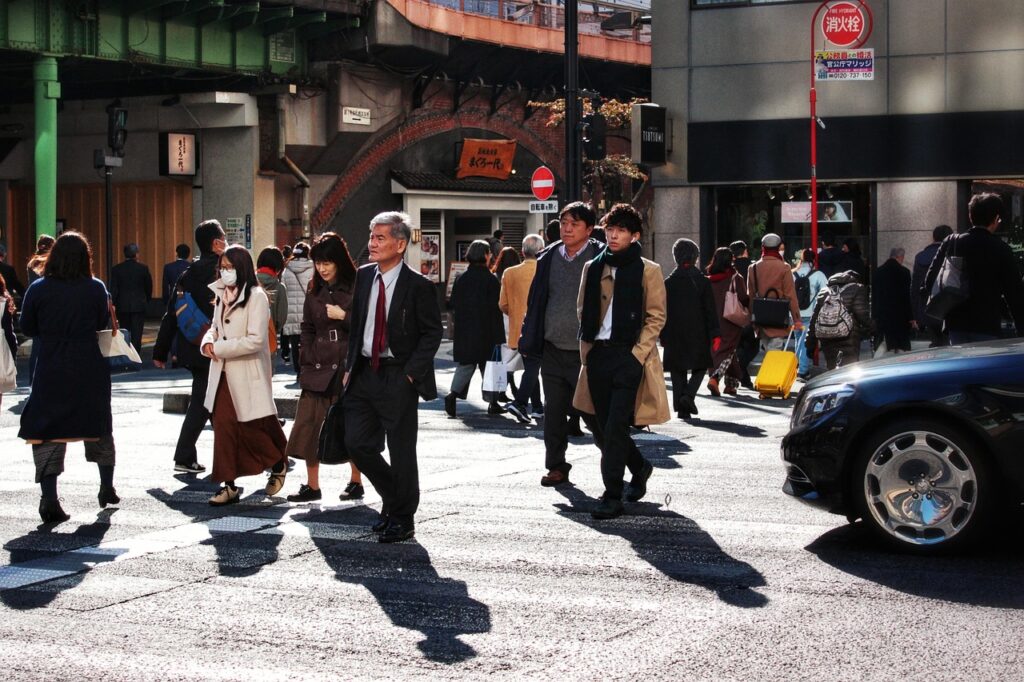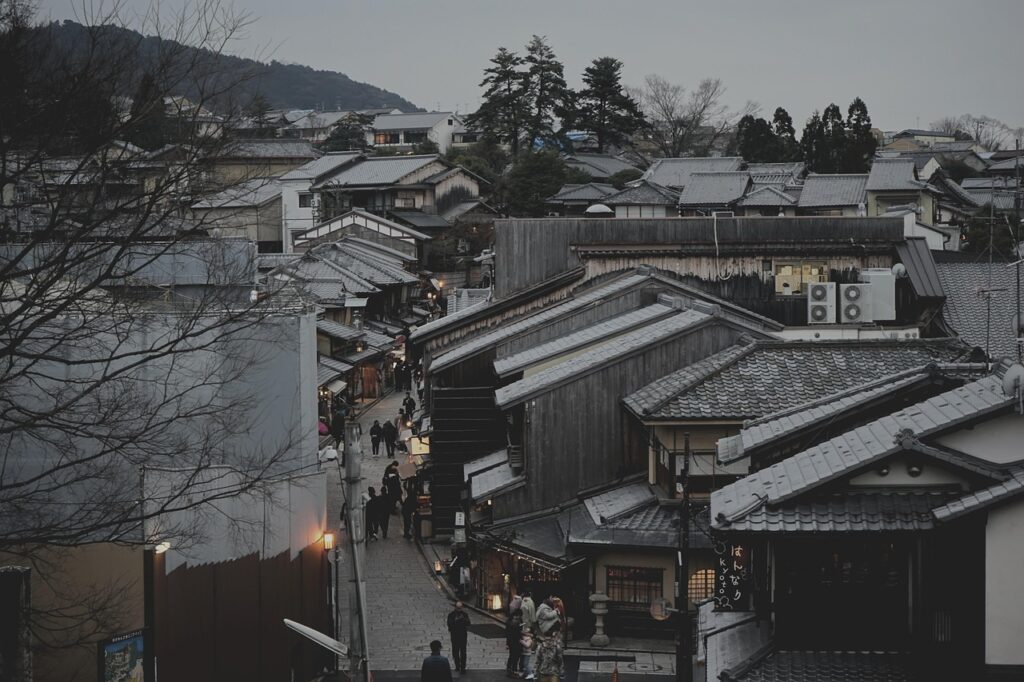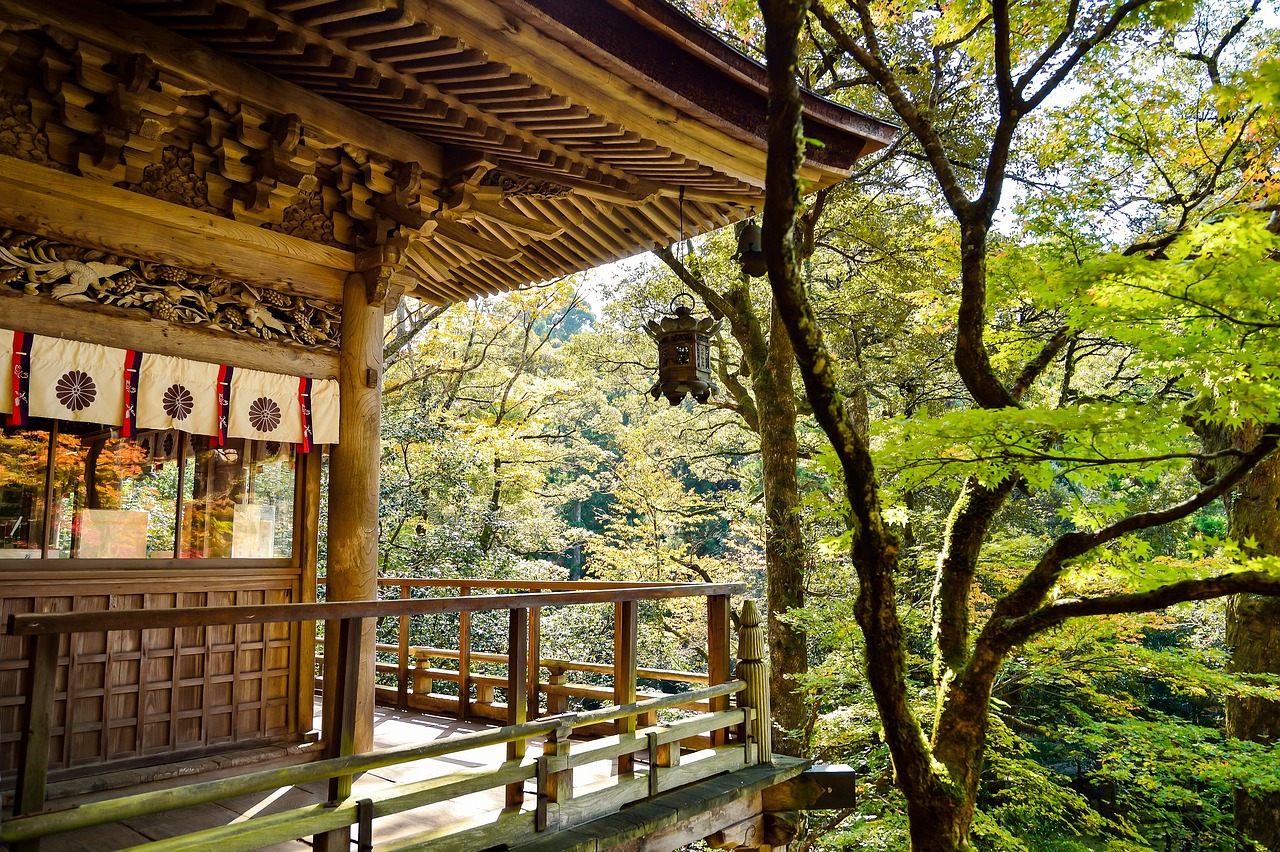A complete guide to living and staying in Japan for international students
When studying abroad in Japan, the environment for living and accommodation is a very important factor. In particular, prices are high in urban areas of Japan, so knowledge on how to live efficiently is necessary. This article provides detailed information useful for international students in Japan, from living expenses to accommodation, part-time job opportunities, and ways to save on living costs.
Living expenses for Japanese students
Cost of living varies by city
In major cities in Japan (Tokyo, Osaka, Kyoto, etc.), rent and food costs are higher than in other areas. In Tokyo in particular, the monthly living expenses for a student living alone are estimated to be around 120,000 to 150,000 yen. This includes rent, food, transportation, and miscellaneous expenses.
In regional cities, the cost of living is about 20% lower, but you will still need a budget of around 80,000 to 120,000 yen per month.
Let’s take Tokyo, a typical area of Japan, as an example. What is the average rent in Tokyo?

How can international students rent a house in Tokyo? How much does it cost?
Tokyo is a world-famous city, and its consumption level is of course among the highest in the world. The most troublesome thing is rent, which takes up more than half of monthly expenses, and is a major concern for both Japanese and international students. So how much is rent in Tokyo?
How much is monthly rent in Tokyo? Which areas are cheapest?
In Tokyo, rent varies depending on the area. For example, in the central areas (Shinjuku, Shibuya, Shinagawa, etc.), the rent for a 1R/1K is 80,000 to 130,000 yen per month. It’s a single-person apartment for students and office workers, but it’s quite expensive (envious)! The rent for a 1LDK/2DK is 120,000 to 200,000 yen per month. It’s a suitable price for couples and families.
In the suburbs (Nakano, Itabashi, Kawasaki, etc.), you will find more human touch. A 1R/1K apartment will cost around 50,000-80,000 yen. Recommended for international students. It is easy to get to Tokyo’s trams and subways, so even if the distance is a little far, it is not a problem. The price of a 1LDK/2DK room is around 80,000-120,000 yen, so it is highly recommended if you want to have a sweet home during your long stay in Japan.
Rent in the suburbs (Hachioji, Machida, Saitama, etc.) is even cheaper and is considered the general rent market in Japan. Rent for 1R/1K is very cheap, ranging from 30,000 to 60,000 yen. For 1LDK and 2DK, the price is 60,000 to 100,000 yen, which is very affordable in Japan.
To live in a house in Japan, it’s not enough to just pay monthly rent.
Most apartments require a monthly management fee, which averages around 5,000 yen in Tokyo. Furthermore, renting a house for the first time in Japan is the hardest. Not only will you have to pay one month’s rent, but you will also need to pay a deposit (usually 1-2 months’ rent), key money (sometimes it costs one month’s rent, but some houses don’t even require this), and brokerage fees (usually 1 month’s rent). In simple terms, (first month’s rent + deposit + key money + brokerage fees) = all the money you have to pay in the first month, which is an unbelievable amount.

What procedures do foreigners need to go through to rent a house? What should I pay attention to when signing the contract?
With the fast pace of life in Japan and the crowded cities, finding a comfortable home in Tokyo can be a challenge.
First, you need to find a place to live. You can search for a place on the Internet through real estate and rental sites (SUUMO, HOME’S, CHINTAI, etc.). Here, we recommend rental sites for foreigners, such as Sakura House and GaijinPot Housing, which are easy for foreigners to use.
The application process usually includes your passport, residence card, visa information, and proof of income or employment. Depending on the landlord, you may also need to fill out emergency contact information. Emergency contacts usually need to be Japanese nationals or foreigners residing in Japan long-term.
Most rental properties in Japan require a Japanese guarantor. If you do not have a guarantor, you can use a guarantee company, but generally you will have to pay a fee of about 50% to 100% of the rent.
The rental contract period is generally two years. If you renew the contract, you may be charged a renewal fee, but it is not that expensive, about one month’s rent (probably). Of course, there are cases where you do not have to pay a fee for renewal.
The total initial payments are as follows:
Security deposit (fujin): Usually 1-2 months’ rent, but some may be deducted when you move out as cleaning and repair costs.
Key money (kinkin): Equivalent to a gift to the landlord, usually 0-2 months’ rent.
Agent fee (agency fee): Around 1 month’s rent.
First month’s rent: Usually, you will need to pay 1 month’s rent in advance.
Fire insurance: Most landlords require you to take out this, and the annual cost is around 10,000-20,000 yen.

Recommended cheap apartments in Tokyo! How do you find cost-effective housing?
Tokyo is certainly notorious for having high rent! However, if you look carefully, you can find relatively cheap apartments. We will teach you how to find your ideal cheap apartment in Tokyo.
First, it is best to avoid choosing a property in the city center. Roppongi, Shibuya, Shinjuku, etc. have high rents, so it is better to choose an area on the outskirts. Also, keep in mind that choosing a used apartment is more cost-effective compared to a new apartment.
The most important thing is that it is not recommended to choose a house near a station on a major line (such as Shinjuku Station or Tokyo Station) because the rent near those stations is very high! It will be cheaper to choose a place with fewer branch lines and transfer stations.
Another way to reduce initial costs is to have a property with no deposit or key money. Be careful, as there are some properties that don’t require key money. If you can’t afford it, we recommend sharing with a few friends.
Part-time job opportunities for international students in Japan
In Japan, international students are legally allowed to work part-time, up to 28 hours a week. The most popular part-time jobs are:
1. Restaurant staff
Many international students work in cafes, izakayas, restaurants, etc. Hourly wages vary by region, but in Tokyo the average is around 1,000 to 1,200 yen.
2. Convenience store staff
Convenience stores are widespread throughout Japan and are popular part-time jobs for international students. They offer flexible shifts and relatively high hourly wages.
3. Cram school instructor
For international students who are good at English, part-time work as a teacher at an English conversation school or cram school is also a good option. The hourly wage is over 2,000 yen, so it is highly lucrative, especially for students who want to make use of their English skills.
Tips for reducing living costs for international students in Japan
1. Take advantage of supermarket sales
Japanese supermarkets often hold “time sales” in the evening or at night, where food is discounted. In particular, bento boxes and prepared foods can be discounted by 50% or more, so by taking advantage of these sales, you can significantly reduce your food costs.
2. Power and water saving
In Japan, utility bills are high, so it is important to reduce electricity and water usage. We recommend limiting the use of air conditioners and lights, and making use of energy-saving items.
3. Make use of flea markets and second-hand shops
When purchasing furniture, home appliances, etc., you can significantly reduce costs by using second-hand shops and flea markets compared to buying new items.
While studying abroad in Japan can be a big financial burden, it is also a great opportunity to gain a lot of experience and chances to grow. This article provides detailed information about living expenses, accommodation, part-time jobs, and lifestyle tips in Japan. Please use it as a reference and have a fulfilling time studying abroad.

